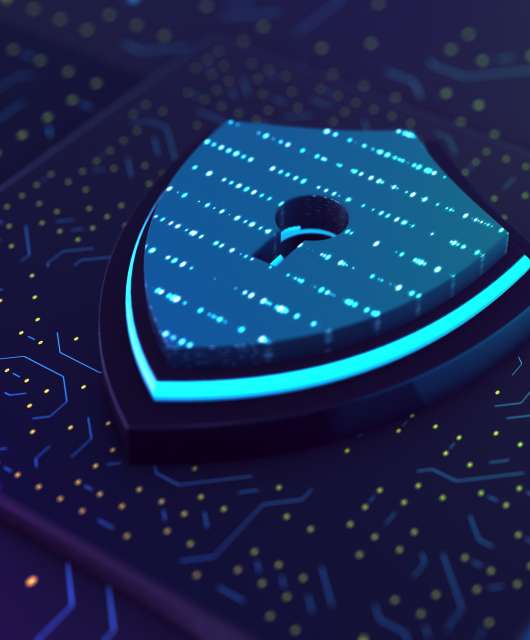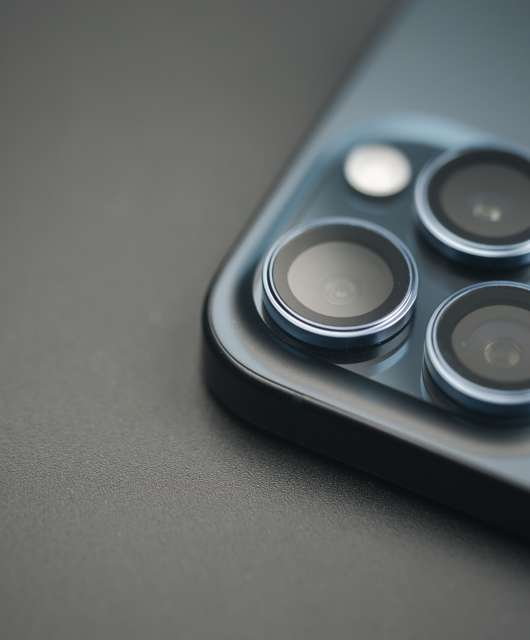Early this year, hackers managed to steal approximately 6TB of data from UnitedHealth. After months of investigation, Health and Human Services (HHS) revealed that about 100 million people were affected by the breach, roughly corresponding to almost one-third of the U.S. population. The number was reported in HHS’s FAQ section of the cyber security incident update.
As per government requirements, after a breach, affected individuals are supposed to receive a notification that their data has been compromised. UnitedHealth reported to HHS that they have sent about 100 million individual notices since the ransomware attack was discovered, suggesting that almost one in every three Americans was compromised by the ransomware attack. UnitedHealth’s CEO, Andrew Witty, had to testify before the U.S. Congress and apologize to all impacted individuals and businesses.
Theft of personal and medical information
The data, stolen by a hacker organization known as ALPHV and BlackCat, included personal and medical information of individuals that consisted of various data points such as social security numbers, driver’s license numbers, state IDs, and passport numbers. It also included billing and medical information such as health plans, addresses, names, and even date of birth details.
The incident was so vast that it prompted a reward of up to $10 million from Rewards for Justice for anyone able to help authorities have a breakthrough in the criminal investigation against the hackers. Almost nine months after the breach was discovered, no arrests have been made.
UnitedHealth is the largest healthcare company by revenue in the world and one of the top ten largest companies, boosting above others with a market capitalization of $474.3 billion. After the hackers found their way in, they requested a ransom to unlock the encrypted sensitive files. The healthcare organization agreed to pay the ransom and handed $22 million to the criminals, who then just disappeared, leaving one of the largest companies in the world crippled and struggling to operate for weeks.
The UnitedHealth cyber incident is one of many high-profile breaches over the last ten years. Sensitive information such as Social Security Numbers has been leaked on multiple occasions, and fraudsters have been using the stolen information to commit crimes. Often, leaked data stays on the dark web for years, waiting for new generations of hackers to exploit it. Bigger corporations sometimes fail to protect their customers, so being prepared has never been more critical than now. Having antivirus software installed on all connected devices is undoubtedly a must.





